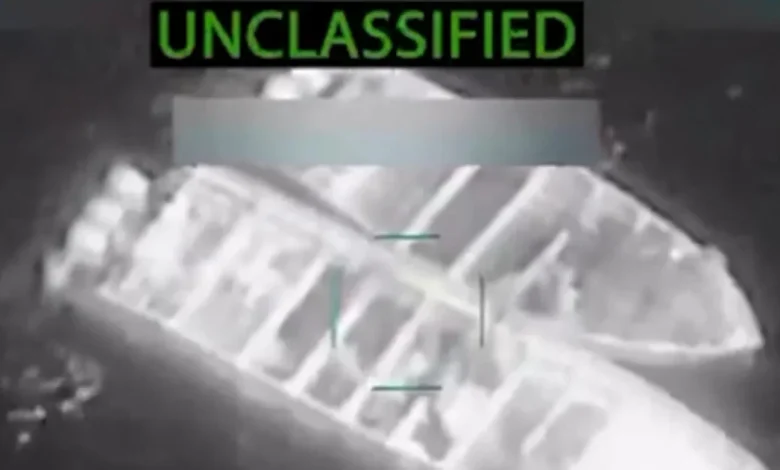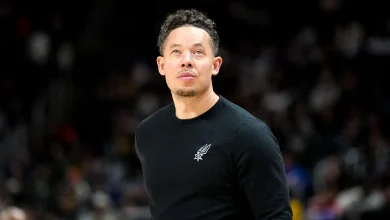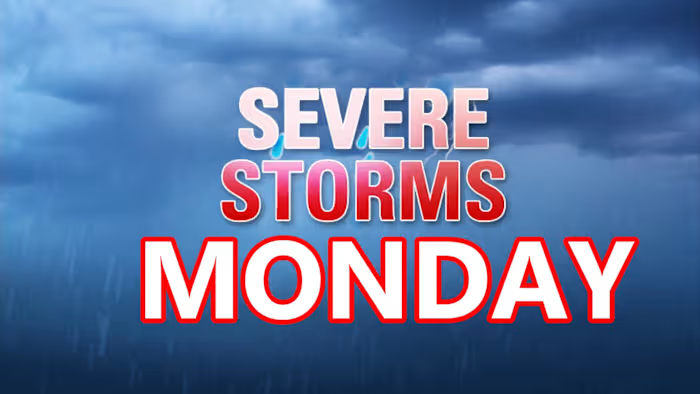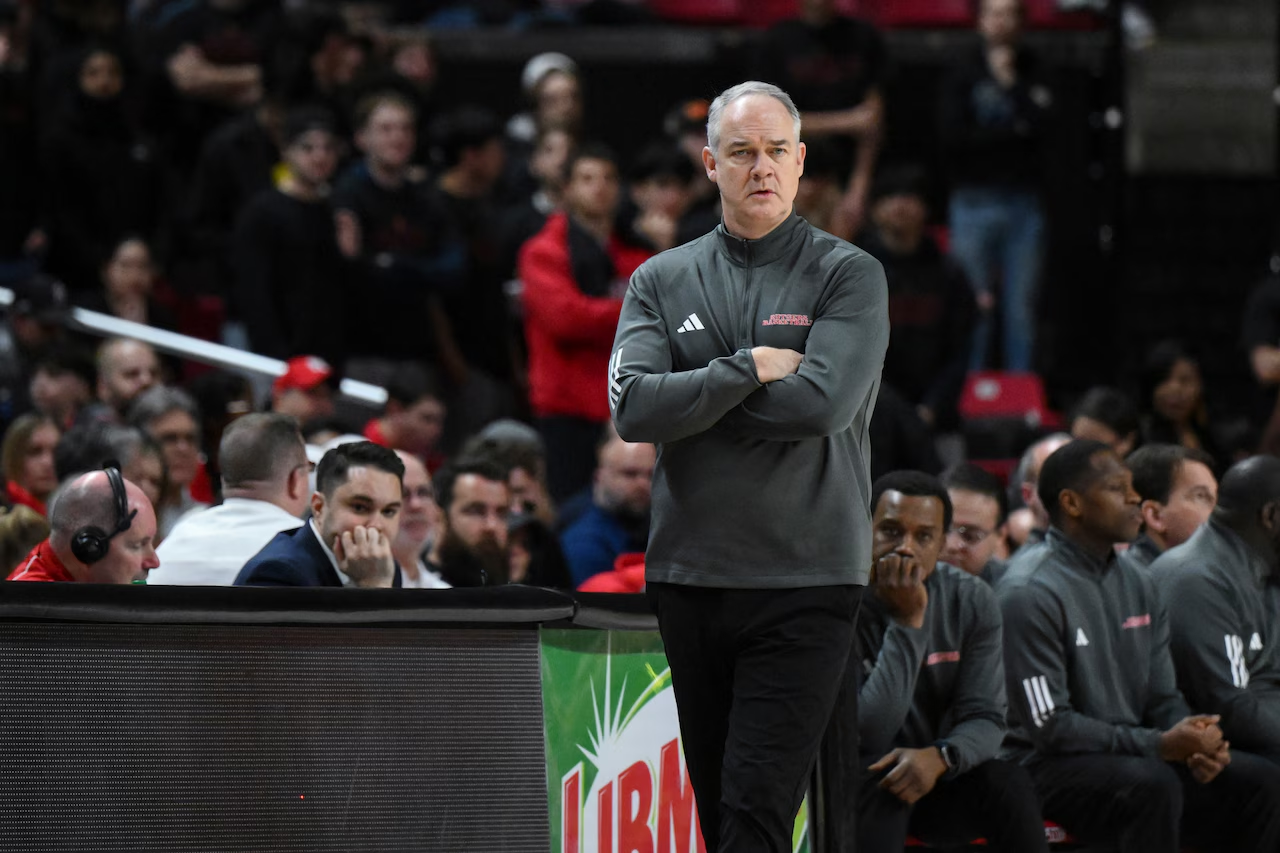Coast Guard admiral, DEA administrator defend strikes on alleged drug boats: “We’re going to apply every single tool”

The U.S. Coast Guard on Wednesday offloaded a nearly 50,000-pound haul of cocaine worth more than $360 million, bringing it onshore at Port Everglades in southern Florida..
“It’s the most cocaine ever seized by a single cutter in one deployment. So business is good,” Adm. Nathan Moore, the commander of Coast Guard Atlantic Area, said in his first network interview.
But despite recent U.S. air and missile strikes on what the Trump administration says is cartel smuggling infrastructure, the Coast Guard has not seen “any noticeable difference” in the flow of cocaine, Moore said.
“I would just tell you that the drugs you see here on [Cutter] Stone — most have been seized in September, October and even early in the month of November. So business is good for us and we are continuing to enjoy success” in intercepting drug vessels.
According to Moore, there have been no major changes in traffickers’ routes or pace, or in drug purity. The U.S. military has conducted at least 21 strikes targeting alleged drug-ferrying boats off South America since September as part of a wider anti-drug offensive.
But Drug Enforcement Administration Administrator Terry Cole says the strikes are having a measurable impact.
“You’re starting to see the rise in the price of cocaine,” Cole told CBS News in an exclusive interview.
“Cocaine is getting more expensive. And I think what it is — not only more expensive in the U.S., but we’re seeing it become more expensive at first stops. So more expensive in Puerto Rico, more expensive in the Dominican, more expensive once it lands in Guatemala and Honduras and Central America.”
Cole said the DEA has seen an increase in the price of cocaine of 30% to 45% per kilogram.
“It’s now more expensive to recruit boat captains, it’s more expensive to purchase engines, it’s more expensive to build larger boats for transportation,” he added. “And this is all due to immense pressure.”
There has also been a recent surge in Coast Guard drug seizures, which Moore attributes to upgraded cutters like the Stone, as well as tighter integration with U.S. intelligence agencies and new autonomous surveillance tools.
The strikes have come amid a broader buildup of U.S. military forces in the Caribbean as the Trump administration continues to put pressure on Venezuela and its president, Nicolás Maduro, whom the administration has repeatedly accused of being the head of a drug trafficking operation. President Trump on Monday said he would not rule out sending American troops to Venezuela.
“I don’t rule out anything,” Mr. Trump said. “We just have to take care of Venezuela.”
Moore, who was recently nominated to become deputy commandant for operations of the U.S. Coast Guard, said traffickers are adapting, but not slowing down.
“It’s a cat-and-mouse game,” Moore said. “We have success in one area, they shift tactics … and then we shift to counter that.”
The Coast Guard previously announced multiple drug interceptions in the Caribbean and eastern Pacific Ocean this year, including what had been the previous record haul in August.
Mr. Trump recently called maritime interceptions “totally ineffective,” but Moore Cole pushed back on that skepticism.
Moore said the Coast Guard remains “a tool in the nation’s tool bag” that delivers disproportionate impact when deployed against large, long-range cocaine shipments.
“We’ll continue to keep immense pressure on every trafficking route,” said Cole, adding, “We’re going to apply every single tool to stop the narcotics from coming into the United States and killing American citizens. And I think the strategy of an all-hands approach — the military, intel — it’s making a difference.”
Cole also dismissed concerns that the strikes on alleged drug boats were weakening the U.S.’s relationship with some of its allies, including France, Mexico and Colombia, which threatened to cut off some intelligence sharing with the U.S. over the strikes.
“There’s no shortage of intel sharing back and forth between countries, and neither country wants to see these problems that we’re now seeing unfold in Mexico — with the fentanyl trade with China, with the precursor chemicals. None of these countries want those problems there,” he said.
Moore acknowledged that some drug-trafficking boats do not get caught, but said that the Coast Guard strategy — pushing operations far offshore — keeps much of the flow from ever reaching U.S. shores.
Looking ahead, Moore said he expects next year to be even busier in terms of drug seizures.
“We don’t see any indication that the business will slow down,” Moore told CBS News. “I think 2026 looks even better than 2025.”
Asked what he would say to Americans who feel like the boat strikes are ineffective at reducing the amount of drugs entering the U.S., Cole pointed to what he said was a 30% increase in drug seizures.
In fiscal year 2025, the Coast Guard intercepted 231,000 kilograms of cocaine, the highest haul on record and more than triple the yearly average. Moore told CBS News he expects that number to grow in the future.
“The American citizens are sick and tired of Americans dying at the hands of the cartels,” said Cole. “We are laser-focused on protecting our citizens and defending our national security.”





